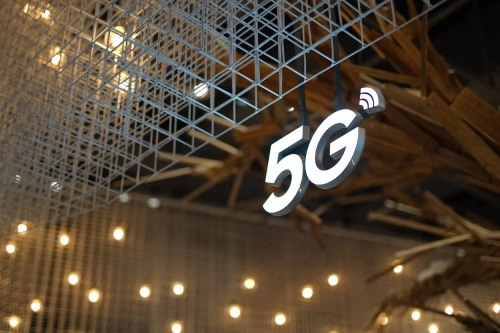5G is poised to change the world as we know it. The way we move, work, communicate will witness a major shift and its all due to the emergency of 5G network. Conversations about 4G dominates the media,TECH space and goverments around the world. Presently, global economies are in a haste to effect policy shifts just to make more way for the 5G network. But how much do you know about 5 G network? The following are key things you need to know about the 5G network:
Speed
The biggest key driver of interest and conversations about the 5G is speed. If 4G is faster than the previous3G then it only makes sense that 5G should be faster than 4G to make investment on it worth while. 4G currently reach the speed of up to 100 Mbps. But in real-life it is generally not beyond 35Mbps.
5G is potentially way faster than 4G. It is estimated that 5G will be about a 100 times faster than 4G with a capability to reaching a theoretical speed of about 20 Gbps, and a real life speed of between 50 Mbps to 3Gbps. However,they are 3 different categories of 5G with varying bandwith and speeds. It ranges from low band of between 50 - 250Mbps to the high band speed of about 3Gbps in theory.
Bandwidth
It is believed that 5G will show higher efficiency in the use of available spectrum thus giving it more bandwidth than 4G that uses between 600 MHz to 2.5 GHz. 5G has 3 different categories of bands. There are low-,medium- and high- band. Each of them have different speed and frequency. However, even the low band of the 5G far exceeds 4G in speed.
Coverage
Presently, 4G has more coverage on the media space than in the real world. There are lot of places in the world that 4G is very poor or has inexistent coverage. If the story of 4G is such after many years,then we shouldn't expect magic with the 5 G that just made its debut in the United States around 2019. It will not have instant or overnight global coverage.
5G penetration is significantly low around the globe. In USA, only few key cities can boast of 5G coverage which in most cases is limited. A lot of 5G uses in those places are still not experiencing the full potential of 5G due to poor coverage. It will take a few more years for it to gain significant coverage and traction.
Latency
Latency refers to the amount of time it takes for a packet of information to travel from one point to the other. 4G has latency of about 50 milliseconds presently. 5G's latency is estimated to be as low as 1 millisecond. This major and impressive improvement in latency will enhance the performance of many applications and devices. For instance, Self driving cars and robotics in general stand to benefit much from 5G.
Understanding 5G and what it brings to the table will help you determine how to optimize it to advance your brand.
 By
By 
